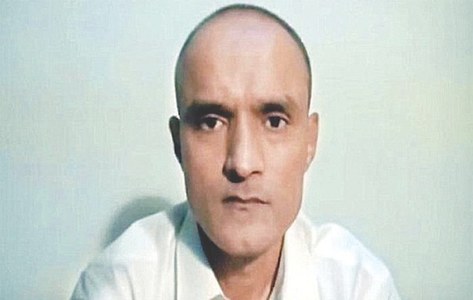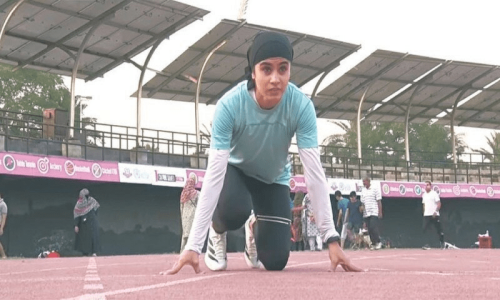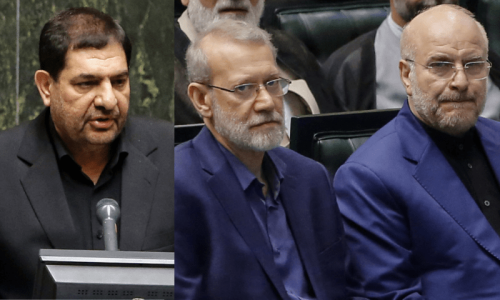ISLAMABAD: Members of the Parliamentary Committee on National Security were unhappy over the government’s explanations about the performance of the legal team in the Indian spy Kulbhushan Jadhav case at the International Court of Justice (ICJ).
The committee met in camera on Tuesday to discuss the Jadhav case at the ICJ. Foreign Secretary Tehmina Janjua and Attorney General Ashtar Ausaf testified before the committee.
It was decided that the committee would convene again next Tuesday (May 30) for further deliberations on the issue and reviewing preparations for the June 8 meeting at the ICJ.
The ICJ had last week through a unanimous verdict on a petition submitted by India restrained the Pakistan government from executing Jadhav till its final decision in the case and sought a report on measures taken for the implementation of the order.
India had instituted proceedings against Pakistan for allegedly violating Article 36 of the Vienna Convention on Consular Relations by denying consular access to Jadhav, who has been sentenced to death for espionage and terrorism.
The court in its order indicating provisional measures dismissed Pakistan’s arguments related to reservations about the court’s jurisdiction, maintainability of the petition and urgency of the matter.
The government was severely criticised for what was perceived as the poor handling of the case by the legal team at the ICJ.
Reflecting the mood of the committee, Speaker Ayaz Sadiq in his interaction with media persons after the meeting said members raised critical questions. He acknowledged that most of the members were dissatisfied with the responses by the government officials.
Mr Sadiq said the legal team would go fully prepared to the Hague for their next court appearance.
A few members who spoke to Dawn on the background said they wanted to understand the government’s strategy in the case. However, they regretted that the government officials, who appeared before the parliamentary body, were either unprepared or were reluctant to share information.
One of the members said there were still lot of options available to Pakistan, but it looked there was still no serious planning.
Dr Shireen Mazari, a member of the committee, in a tweet said: “I was correct; government admits they had to register this (2008) bilateral agreement with UN Secretariat which they did on 18 May after ICJ hearing!”
Dr Mazari had been arguing that the ICJ did not give weightage to the Pakistan-India bilateral agreement on consular affairs, one of the key arguments given by Pakistan’s legal team, because it had not been registered with the UN secretariat.
Similarly, another member argued that the government should base its defence on Geneva Conventions, whose Article 5 states that someone detained as a spy forfeits his rights of communication.
Members further insisted that Pakistan should remain focused on challenging the ICJ jurisdiction in the case instead of delving into its merits.
Published in Dawn, May 24th, 2017













































